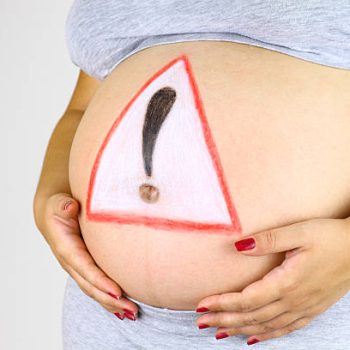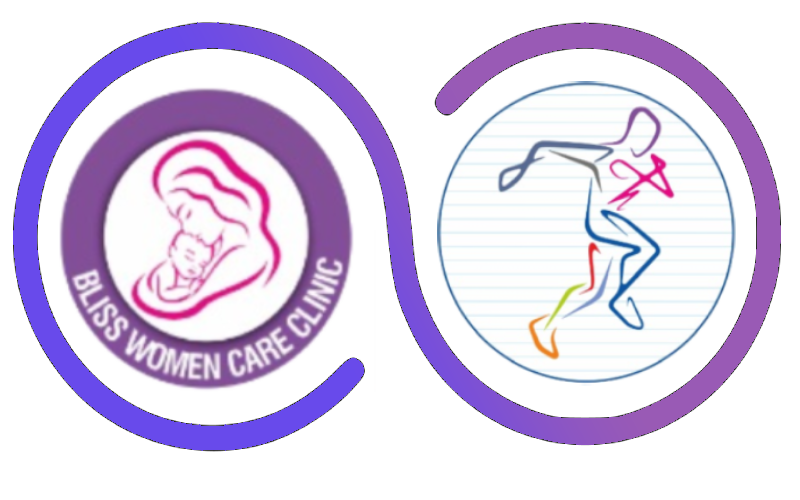High Risk Pregnancy
Sometimes a high-risk pregnancy is the result of a medical condition present before pregnancy. In other cases, a medical condition that develops during pregnancy for either you or your baby causes a pregnancy to become high risk.
Specific factors that might contribute to a high-risk pregnancy include:
- Advanced maternal age. Pregnancy risks are higher for mothers older than age 35.
- Lifestyle choices. Smoking cigarettes, drinking alcohol and using illegal drugs can put a pregnancy at risk.
- Maternal health problems. High blood pressure, obesity, diabetes, epilepsy, thyroid disease, heart or blood disorders, poorly controlled asthma, and infections can increase pregnancy risks.
- Pregnancy complications. Various complications that develop during pregnancy can pose risks. Examples include an unusual placenta position, fetal growth less than the 10th percentile for gestational age (fetal growth restriction) and rhesus (Rh) sensitization — a potentially serious condition that can occur when your blood group is Rh negative and your baby’s blood group is Rh positive.
- Multiple pregnancy. Pregnancy risks are higher for women carrying more than one fetus.
- Pregnancy history. A history of pregnancy-related hypertension disorders, such as preeclampsia, increases the risk of having this diagnosis during the next pregnancy. If you gave birth prematurely in your last pregnancy or you’ve had multiple premature births, you’re at increased risk of an early delivery in your next pregnancy.



